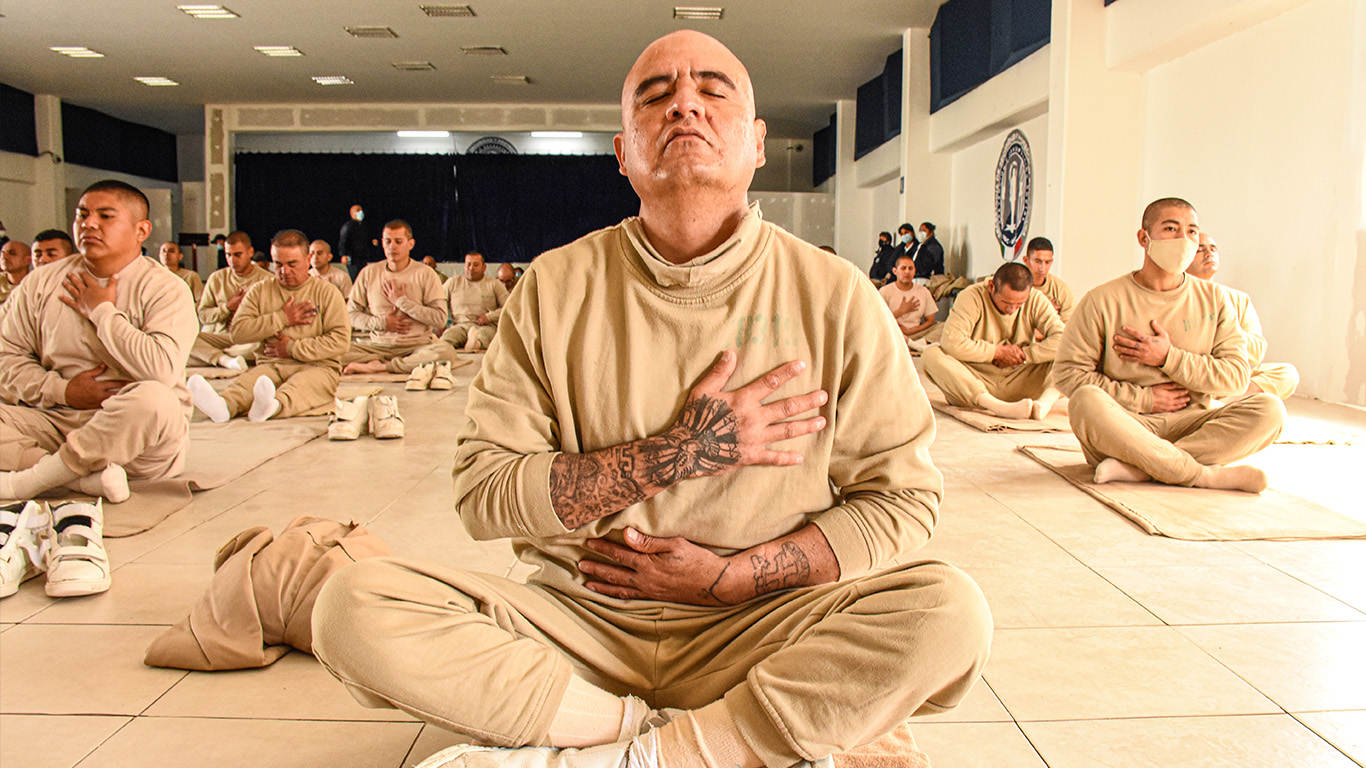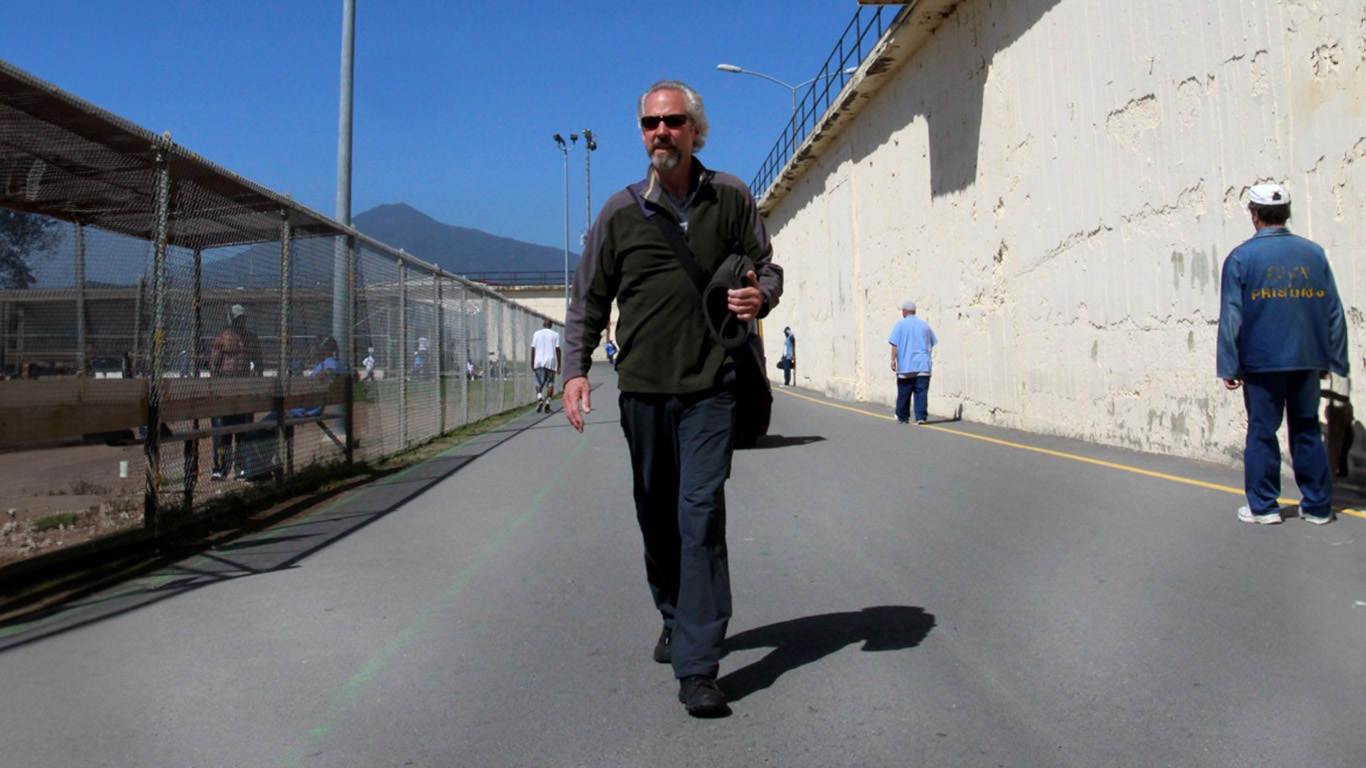Punitive Justice causes more harm than it prevents. It harms incarcerated people, people working in the system, and their families and communities. It punishes addiction and mental illness rather than providing treatment for those who cannot afford private care.
Punitive Justice systems place the offender at the center of the process, seeking only punishment for a crime. Victims become tangential to the process. The harm they have suffered is often not addressed, and they remain unsatisfied. Also not addressed are the root causes of crime, the personal and systemic circumstances and conditions that lead to crime, and so it persists.
The systemic and cultural shift we seek is rooted in the philosophy of Restorative Justice.
Restorative Justice places the victim at the center of the process and seeks to address the impact and harm of a crime. It encourages accountability to repair the harm they have caused to the victim(s), the families, and the community. It promotes collaboration between the victim, the responsible person, and the community. It encourages reintegration and provides opportunities for direct or indirect dialogue between the victim, the person responsible for harm, and the community. As people responsible for harming take responsibility for restitution and meet their obligation to the victim and the community, they begin to see the impact of their choices. This victim-centered approach aims to restore wholeness to those impacted by crime, materially, mentally, and emotionally.
Importantly, Restorative Justice seeks to address the root causes of crime. It acknowledges harmful acts reveal prior harm, the harm suffered by an offender that underlies their harmful behavior. Hurt people, hurt people.
This underlying harm comes in many forms: interpersonal trauma, social disadvantage, institutionalized racism, and systemic bias. These factors can contribute to mental health concerns, addiction, and more. Unless we address this unresolved trauma and these other exacerbating factors, the tendency to re-offend will remain. Punishing people by locking them away in an environment that further traumatizes them does not promote social good or improve public safety.
Prison Yoga Project offers a Restorative Justice practice that focuses on recovery from trauma, development of resilience, and cultivation of empathy, compassion, and personal responsibility. Our evidence-supported, trauma-informed approach to yoga and mindfulness supports people in facing and releasing unresolved trauma safely and effectively. We provide resources and tools for recognizing and reducing aggression, impulsivity, reactivity, and despair.
“Be ruthless with systems; and kind with people.”
With these tools, people are more likely to take personal responsibility and think and behave differently. These tools and resources are the foundation for personal and social transformation so that currently incarcerated men and women may successfully reintegrate as participating members of society.
While our work is done mainly with people who are incarcerated, through this work, we seek to support the correctional officers, administrators, and healthcare staff working in the system. The impact of long-term stress on people working in the system, especially correctional officers, is devastating. Studies show this stress negatively impacts their health and quality of life and shortens their lifespans by decades. We work to foster a more peaceful environment so that they can do their work with greater ease, less conflict, and more safety.
Through our work with incarcerated people, we are also aiming for a positive impact on families and communities impacted by crime. More than 90% of incarcerated people will be released. We believe that offering support for healing and self-rehabilitation is essential to creating safer communities. We want them to become better fathers and mothers, sons and daughters, brothers and sisters. We want to empower them to be better friends and neighbors and to become integrated, contributing members of their communities.
This Restorative Justice perspective is what we model when we go into a facility. We’ve seen firsthand how this practice positively impacts the men and women we work with. We’ve also seen how modeling this humanizing approach and its efficacy enables our partners in the criminal justice system to take a different approach. We are leading a prison reform movement by example, being the change we want to see in the world.



